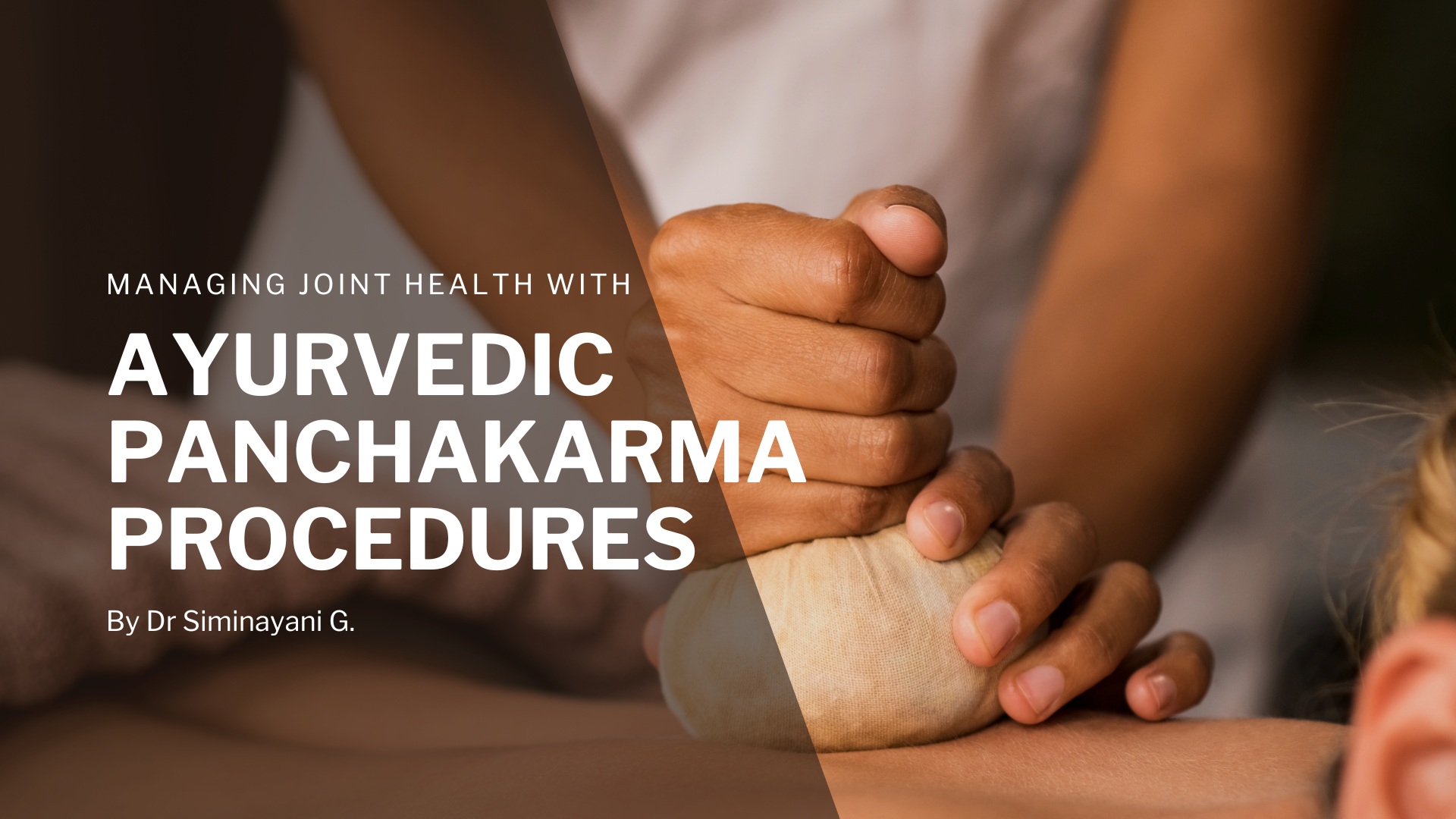Ayurveda is fast becoming popular. However, there are still a lot of misconceptions among the masses. So we have decided to debunk 10 myths about Ayurveda.
Myth 1: Ayurveda is just ancient medicine and not relevant in the modern world.
Fact: Ayurveda continues to evolve, incorporating new research. For example, the National Institutes of Health (NIH) in the US funds research on Ayurvedic herbs for treating various conditions like arthritis and Alzheimer's.Source: National Institute of Health
Myth 2: Ayurvedic treatments are slow and ineffective.
Fact: While some conditions require long-term management, Ayurveda can offer immediate relief for others. A study published in the Journal of Ayurveda and Integrative Medicine found that Triphala, an Ayurvedic herbal mixture, effectively reduced pain and inflammation in knee osteoarthritis patients within 4 weeks.Source: National Library of Science | Three trajectories of activity limitations in early symptomatic knee osteoarthritis: a 5-year follow-up study
Myth 3: Ayurveda is only for vegetarians and excludes certain food groups.
Fact: Ayurveda emphasizes a balanced diet but doesn't strictly exclude food groups. Meat, fish, and eggs can be consumed in moderation based on individual dosha and needs. For example, a person with a Pitta dosha (fire element) might be advised to limit red meat and spicy foods.Myth 4: Ayurvedic medicines are all natural and therefore have no side effects.
Fact: Like any medication, even herbal remedies can have side effects. For instance, some herbs like ashwagandha can interact with certain medications or cause drowsiness. Consulting a qualified Ayurvedic practitioner ensures proper diagnosis and personalized treatment to minimize risks.Myth 5: Ayurveda is a one-size-fits-all approach.
Fact: Ayurveda personalizes treatments based on individual dosha. A study published in the Journal of Ayurveda and Integrative Medicine found that personalized Ayurvedic interventions led to significant improvements in anxiety and depression compared to a one-size-fits-all approach.Source: National Library of Medicine | An alternative treatment for anxiety: a systematic review of human trial results reported for the Ayurvedic herb ashwagandha (Withania somnifera)
Myth 6: Only traditional Ayurvedic practitioners are qualified.
Fact: Many countries have established educational programs and certifications for Ayurvedic practitioners. Additionally, some medical professionals are integrating Ayurveda into their practice, providing a blend of traditional and modern approaches.Myth 7: Ayurvedic treatments are expensive and inaccessible.
Fact: While some specialized treatments can be costly, basic practices like yoga, meditation, and dietary changes are affordable or free. Additionally, insurance coverage for Ayurveda is increasing in some regions.Myth 8: Ayurveda is only for treating physical ailments.
Fact: Ayurveda takes a holistic approach, addressing mental and emotional well-being as well. A study published in the International Journal of Yoga found that yoga, an integral part of Ayurveda, effectively reduced stress and improved mental health in adults.Source: International Journal of Yoga
Myth 9: There is no scientific evidence to support Ayurveda.
Fact: A growing body of research supports Ayurveda's effectiveness. For example, a systematic review published in the Journal of Alternative and Complementary Medicine found that Ayurvedic herbal medicines were effective in treating various skin diseases.Source: National Library of Medicine | Ayurvedic management of life-threatening skin emergency erythroderma: A case study
Myth 10: Ayurveda is a magic cure-all.
Fact: Ayurveda emphasizes prevention and long-term well-being, not instant cures. It can be incredibly beneficial for managing health conditions, but individual results may vary, and it's crucial to have realistic expectations.


